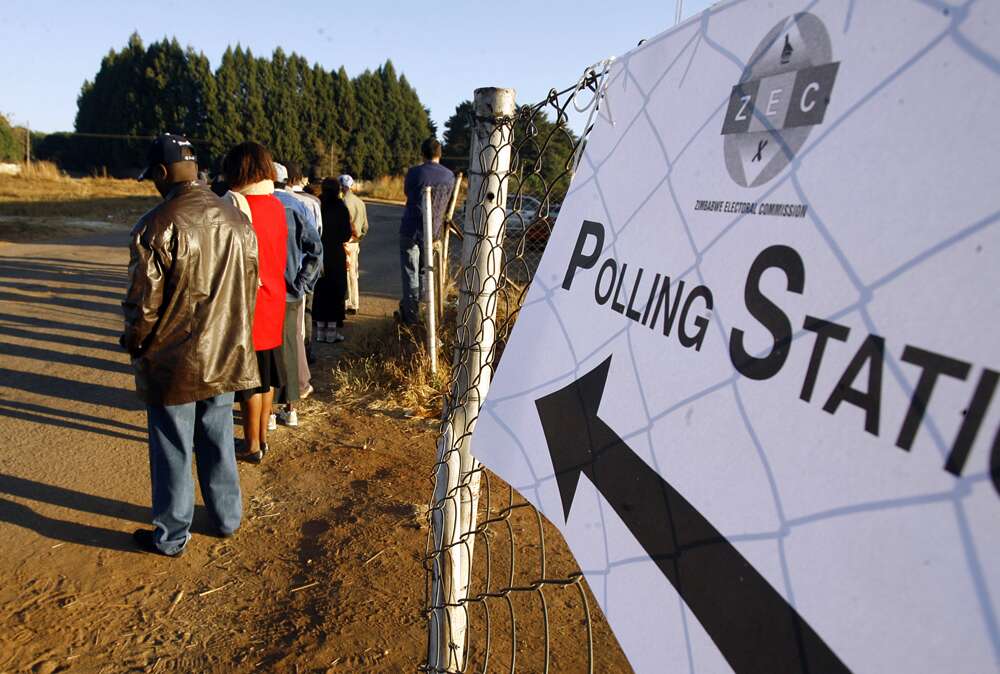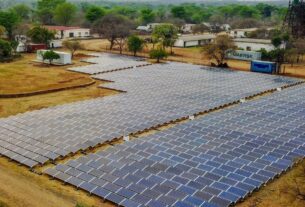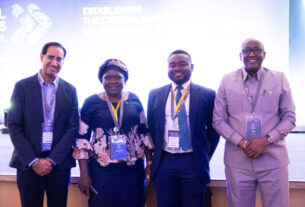Zimbabwe’s presidential election encountered turmoil as election officials extended voting until Thursday due to delays of up to 10 hours, particularly in opposition strongholds. President Emmerson Mnangagwa seeks a final term in a nation with a history of violent and contested elections. Chaotic scenes marked polling stations, with late-delivered ballot papers leading to the suspension of voting in many stations, especially in urban areas like Harare.
Some stations received no ballot papers by the 7 p.m. closing time, frustrating voters who endured hours without sustenance. The government alleges that platforms like TikTok and Telegram have been exploited by “terrorists” and groups promoting “immorality,” circulating violent content and misleading information. The government’s push against al-Shabaab and its attempt to break the ZANU-PF party’s 43-year rule amplify the significance of the election.
A runoff is set for October 2 if a majority isn’t achieved in the first round. The election influences positions in parliament and local councils. Challenges include alleged intimidation, a currency crisis, rising tensions, and sanctions, with questions about the credibility of the process.





